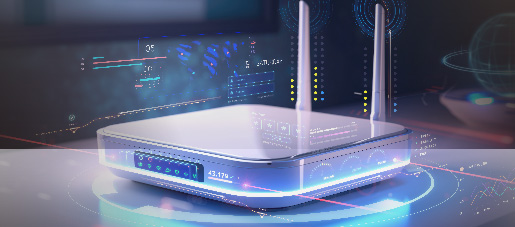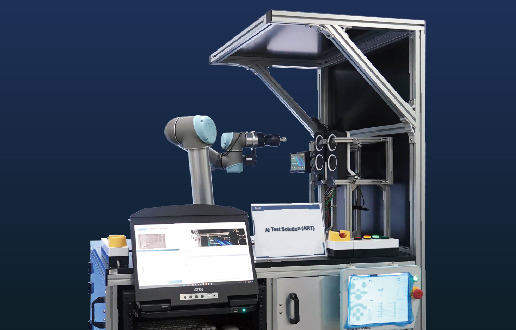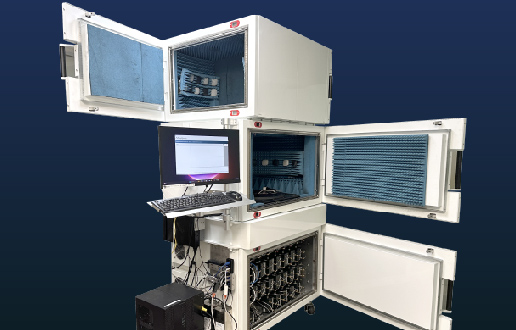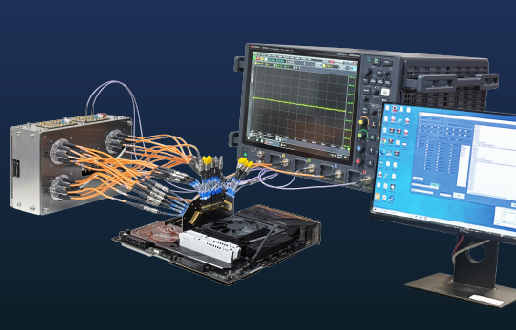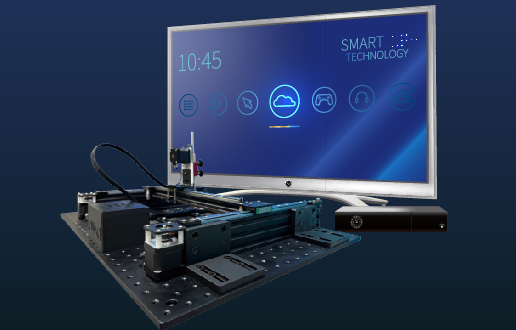In recent years, the rise in environmental protection awareness has led to the gradual growth of the electric vehicle market and increase in demand. The electric vehicle has set off a wave of technological revolution in the automobile and motorcycle industry. In addition to overturning traditional chassis and design, peripherals are gradually being upgraded and using RF (Radio Frequency) technology to build light and thin automobile accessories that features remote and wireless controls have become a mainstream trend in the current smart wave, and the product categories are becoming more diverse.
Many vendors have now abandoned traditional car keys and adopted keyless locks supported by Bluetooth® wireless technologies, which is the best embodiment of the smart design. However, even though the use of hybrid wireless RF technology has brought about better user experience, it also significantly increases the complexity of the design, which is a great challenge for the stability of RF performances.
Comprehensive Testing to Detect the Blind Spot
Upon testing, Allion’s engineering team discovered that Bluetooth® wireless keys have some limitations in terms of usage, which affects vehicle owner’s user experience significantly. The testing team uses the electric scooter as an example and carries out the OTA (over the air) testing in the shielding room on the TRP (Total Radiated Power) and TIS (Total Isotropic Sensitivity) of the electric scooter’s Bluetooth® device. It was discovered that there is indeed blind spots and dead zones in the sensing of the scooter’s Bluetooth receiving and sending. The inclined area as shown in the diagram below represents the blind spot. It means that if the vehicle owner happens to unlock from this angle, the scooter will not have any sort of response. Imagine parking your car on the roadside, and upon your return, you could not start your car and have no idea what is wrong with your scooter, you would d probably feel quite helpless and anxious.
As indicated in the diagram below, TRS and TIS testing and analysis clearly show that the electric scooter’s Bluetooth® is unable to sense at certain angles. If the vehicle owner happens to stand within this angle, there is a high possibility that they can’t unlock the car.
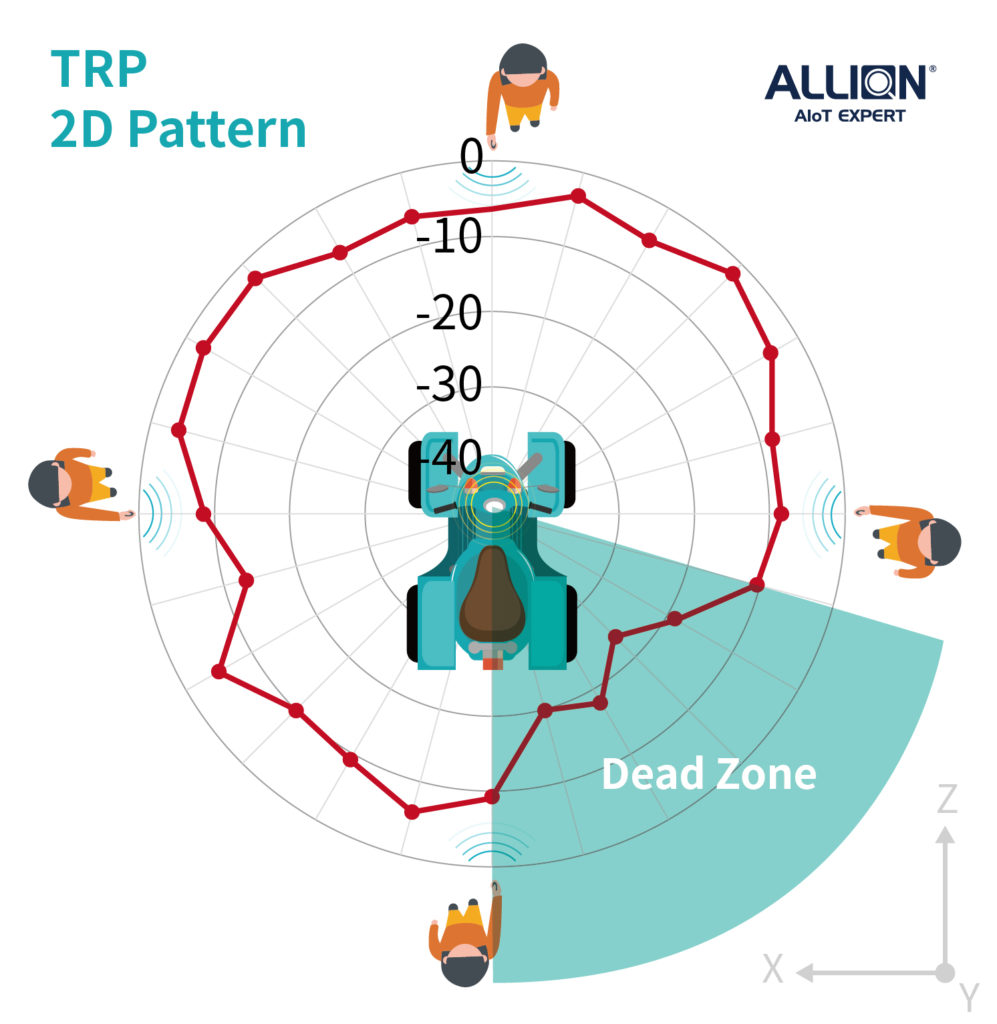
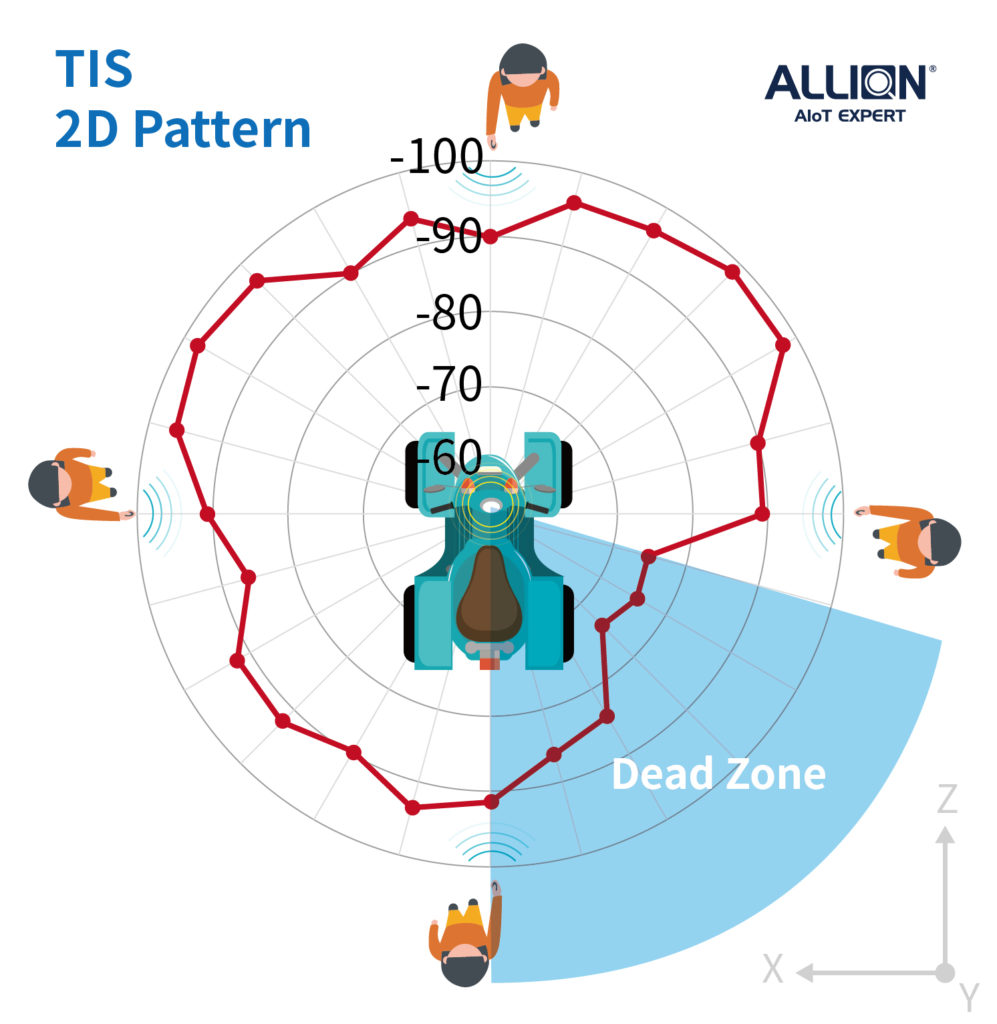
Your Smart Testing Partner—Allion RF Test Lab
RF product performance is affected by many factors, such as noise, co-channel or adjacent channel interference, or even user behaviors. Besides monitoring from the source, vendors need to ensure that the RF technologies used complies with the relevant standard specifications and regulations. The most important thing is to carry out comprehensive testing and tackle the critical issue at the early developmental stage.
Allion’s RF Lab is able to test your RF product’s performance as well as provide debugging service. As more products are using RF technologies in recent years, situations such as frequency band congestion and mutual interference between various types of RF technologies are quite common. RF Lab is able to carry out noise analysis, de-sense, coexistence, etc., pertaining to interference issues. The multidimensional testing helps you uncover the cause that interferes with RF performance.
The era of the electric vehicle has arrived. As a leader in the testing industry, Allion will provide you with customized solutions based on our years of RF testing experience, and together welcome the new era of smart vehicles.















